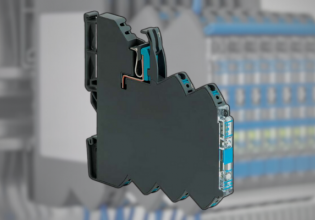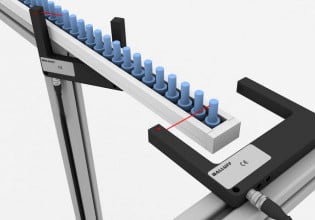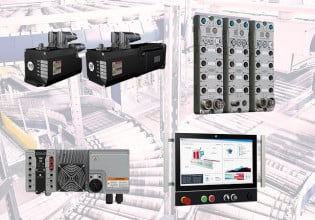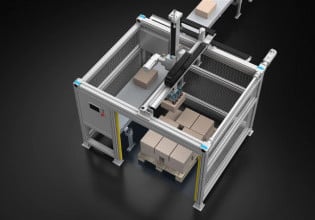D
Help! The more I read the less I am sure about which network to use for long term SCADA viability, DeviceNet, Profibus, Modbus/TCP, EtherNet/IP from ODVA, etc., etc., etc. Each has its benefits, but so did Beta video tapes, remember! My experience says that the desire to integrate the office to the production floor, and the millions of lines of driver code supporting Modbus RTU that the most likely candidate would be Modbus/TCP. What do you nerds think?
Thanks!!
Thanks!!






